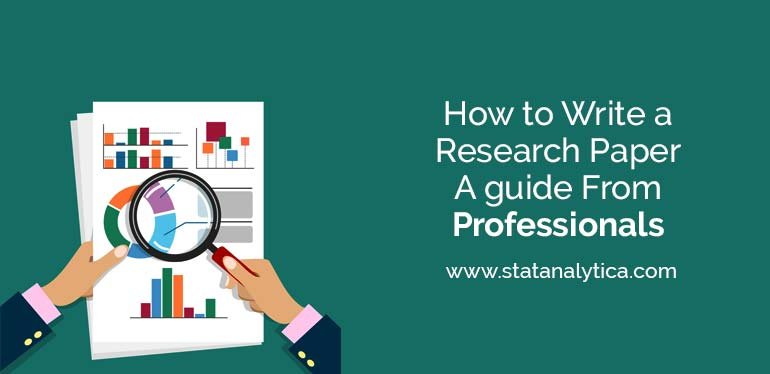Most of the students are still not aware of how to write microeconomics essay. That is why the students always finding it difficult to write their essay on microeconomics. Here in this blog we are going to help you to find out the best ever tips on how to write a microeconomics essay with perfection. But before we start, let’s have a look on what is microeconomics.
What is Microeconomics?
Table of Contents
Macroeconomics is the study of how a large-scale economy works. It is concerned with economics at the regional, national, and global levels.
Inflation, GDP, unemployment rates, investment, national income, consumption, production, international finance. And international commerce are some of the themes in macroeconomics.
Tips Before Writing a Microeconomics Essay
Macroeconomics is one such subject that is not enjoyed by everyone. Only a few people enjoy this subject. But many of us are not in those few people. In such situations, doing an assignment in the same subject is quite a task for us. However, in this guide, we tried to bring you everything possible that you might need to know before writing a macroeconomics essay. Below are the tips that should consider before instantly starting to write:
Decide Topic
First, decide the field and the topic you want to write about.
Research
Before jumping into writing. You should gather all the possible information about your topic using the internet, books, or any other type of sources. And you can even make notes of important points you want to add to your essay.
Determine
THE PURPOSE OF THE ESSAY. While you search for the information. Try looking for the purpose of the essay too. You have to consider answering questions like; what are you trying to convey with this essay?
Answer Keywords
Always answer keywords like ‘why’, ‘when’, and ‘what’.
Information
You need to give complete details about the subject. You need to give “causes and effects”, “arguments” and “related-information”.
Draw an Outline
It’s better to make an outline to give a structure to your essay. It helps you locate facts, necessary information, and data perfectly. From the introduction to the main body to the conclusion. Your outline should have it all. The introduction and conclusion of one paragraph and the main body is generally three paragraphs long.
Size of Different Parts of Essay
The introduction should not be too long but at the same, it should be catchy. Make sure it is not more than 25% of the essay. The same ratio is for the conclusion. And ensure that you don’t add anything new in the conclusion and summarize everything in it properly. The rest of 50% is for the main body. The main argument and problems and solutions should be included in it.
Also Read
- Top 50+ economics essay topics
- How to write an essay on economics
- Top secrets of how to write marketing essay
Structure
Before you jump into the structure directly. Make sure that you understand the topic entirely. After doing the proper research, arrange your material and start planning to write. Economic essay themes are frequently posed as questions. As soon as you’ve decided on a topic, read it through numerous times to ensure that you grasp it completely. If you have any questions, don’t be afraid to consult your professor for clarification. Once you’re sure that you’re right grasped the question. Write it down on a piece of paper
The ideal essay outline structure followed by most of the economists is
Introduction- 1 Paragraph
Main Body- 3 Paragraphs
Conclusion- 1 Paragraph
Introduction
Once you have collected the information and data about your matter. You can now proceed with writing the essay. Starting any piece of writing is ordinarily more difficult for most people than writing the whole essay. The introduction should be catchy and it should make the reader curious about the subject. It should set the foundation of the essay. The reader must know what he is going to know about.
Main Body
Now in this part, expand everything that you have discussed a bit about in the introduction paragraph. This part is for explanation, information, and arguments to make. As already said this part should be of three paragraphs. Every paragraph should have a different argument.
The argument in every paragraph should be stated at first and be discussed further. And it should be supported by facts and theory. After you are done giving details, you should also include counter arguments. So that you do not miss out on anything. And after you discuss everything related to the argument. Conclude it with a reasonable result.
Conclusion
You can consider the main body paragraphs of your economic essay once you’ve completed the main body paragraphs. It does not, however, imply that you can rest and anticipate any conclusion you come up with to fit your essay. The value of a strong conclusion in an article, particularly economic essays, cannot be overstated. A weak conclusion will leave your reader with the kind of impression you don’t want, as it is the part of your essay that adds the most to their overall opinion of your writing.
A conclusion can be thought of as a condensed version of your entire essay. When your reader has completed reading your paper and moved on to whatever else he or she has to do, this is what you leave them with. Restating your major argument that you offered in the introduction is a solid and established technique to end your essay. If you are still finding it difficult to understand then take our best economics essay writing help now.
Frequently Asked Questions
What are some interesting topics in macroeconomics?
Gross Domestic Product (GDP).
Price ranges.
The rate of inflation.
Political economy
Unemployment rates are high.
Invest in development.
Fiscal and monetary policies are both important.
National and international trade are both important.
What are some basic tips to keep in mind?
Make sure you know exactly what you’re supposed to do.
Extensive research.
Make a plan.
To back up your claim, include facts and instances.
Once it’s finished, read it.
Make sure there are no misspellings or grammatical problems
Difference between micro and macroeconomics?
Microeconomics focuses on how individuals and businesses make decisions, whereas macroeconomics focuses on how countries and governments make decisions.
Microeconomics is a bottom-up approach that focuses on supply and demand, as well as other influences that influence price levels.
Macroeconomics adopts a top-down perspective, examining the economy as a whole and attempting to predict its trajectory and nature.
Microeconomics is a tool that investors can use to make investment decisions, whereas macroeconomics is an analytical instrument that is primarily used to formulate economic and fiscal policy.


